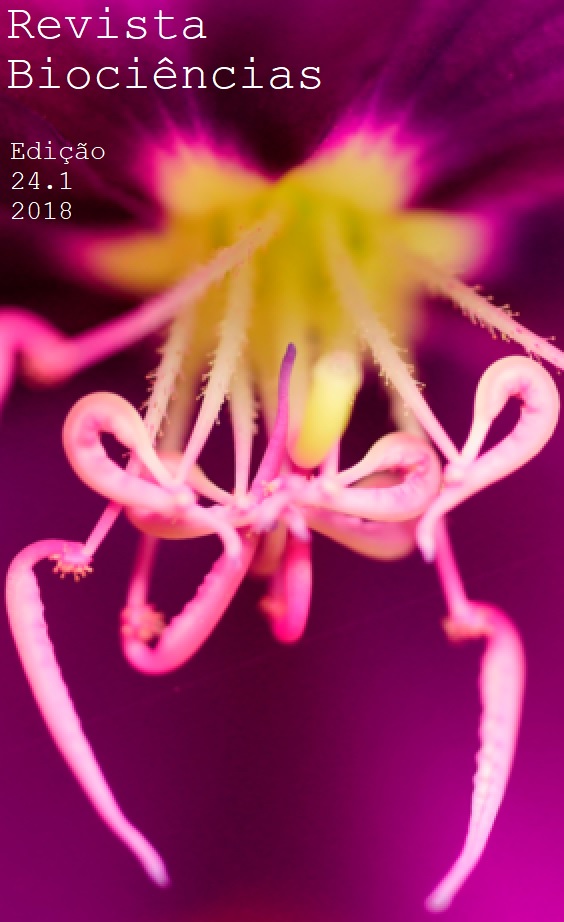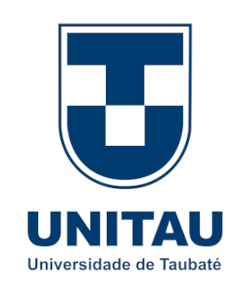Impacts of sugarcane deterioration and its implications in the manufacturing in Brazil
Palavras-chave:
dextran, TRS (Theoretical Recoverable Sugar), total recoverable sugar in the industry, microbiological deterioration, sugar cane juice, SPRI (The rapid dextran screening test) and turbidity dextran.Resumo
Food safety is a current challenge, as it aims to offer food free of agents that can endanger the health of consumers, for so it should be traceable in manufacturing and in the food chain, quality control of sugary products. The bacterium Leuconostoc mesenteroides produces dextran, and has been responsible for considerable losses, affecting the quality of the final product, this research was prepared on industrial scale to quantify the reduction of theatrically recovered sugars Theoretical Recoverable Sugar (TRS) in the process with different dextran concentrations in the raw material, which affects the different phases of production of sugar and ethanol. Because of the complexity of the factors affecting the formation of dextran, it must be analyzed from the point of view of the entire food chain and enable its rapid traceability from production of raw materials to the production of sugar, through industrialization to final distribution to the consumer. The main objective of this paper was to show the need of care indicators and microbiological control in analytical laboratory, which is reduce losses during the process until the final product. It was adapted and tested a rapid method of analysts called S.P.R.I (rapid test for determination of dextran), a test for turbidity in broth from sugarcane. The processing of the deteriorated sugarcane caused losses that reach 37% in industrial output. The losses of TRS are divided between the farmer and mill owner, since the sugarcane entering the mill is assessed and paid by TRS, and the contamination reduces production, making the process slower than the normal.



